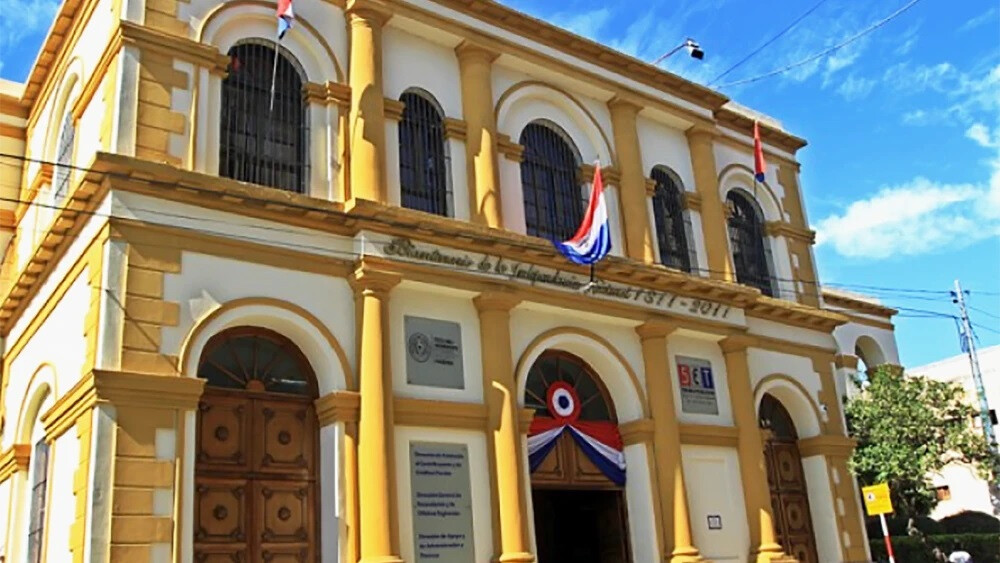
The Paraguayan Undersecretariat of State for Taxation (DNIT) is significantly streamlining the registration procedures for individuals and companies engaged in customs-related activities. This new system, effective August 1, 2025, aims to maximize taxpayer convenience by making the registration, renewal, and information update processes more efficient and unifying related regulations.
On June 5, 2025, the DNIT officially announced changes to the registration method for customs-related parties through Resolution 30/2025. As a result, customs brokers, importers, exporters, and all other entities performing customs-related tasks will be able to complete the registration process more easily. This overhaul focuses on reducing unnecessary procedures and simplifying the documents taxpayers are required to submit. In particular, it is designed to prevent duplicate data entry by actively utilizing information already registered in the 'Marangatu,' the National Tax Office's tax management system, thereby significantly shortening the registration time.
Accelerating Digitalization Through the Marangatu System
The core of the new registration procedure is digitalization through the Marangatu system. Taxpayers can complete registration, renewal, or information updates simply by accessing the system and filling out a digital form. This eliminates the hassle of in-person visits or manual document submission, allowing for convenient processing anytime, anywhere. The DNIT plans to provide training programs to help taxpayers smoothly adapt to the new system. This will enable users to familiarize themselves with how to complete digital forms and utilize the system, ensuring error-free registration. A DNIT official emphasized, "This measure will significantly contribute to saving taxpayers time and costs in processing customs-related tasks."
Enhancing Administrative Efficiency Through Technology Utilization
This institutional reform goes beyond mere procedural simplification, aligning with the DNIT's long-term goal of enhancing administrative efficiency through technology utilization. The DNIT seeks to integrate tax and customs-related information and actively adopt the latest technologies to improve the quality of taxpayer services. These efforts are expected to increase the accuracy of taxpayer data, reduce potential errors, and ultimately contribute to a more transparent and efficient customs administration.
Strengthening Digital Infrastructure Through BID Loan Introduction
Meanwhile, the DNIT is pursuing the introduction of a $30 million loan from the Inter-American Development Bank (BID). This loan will be entirely invested in strengthening the DNIT's technological infrastructure, with a particular focus on protecting taxpayer data from cyberattacks and enhancing system security. The loan agreement was recently approved by the Senate and is currently awaiting review by the Chamber of Deputies. This loan will support the DNIT's digital transformation for six years, until 2030, and is expected to play a crucial role in modernizing and securing Paraguay's tax and customs system. Such investments will support digital transformation efforts, like the simplification of customs-related party registration procedures, providing an essential foundation for the DNIT to become a future-oriented tax administration agency.
Overall, the DNIT's current measures demonstrate its commitment to modernizing Paraguay's customs administration, centered on three pillars: administrative simplification, technology adoption, and digital infrastructure strengthening. These efforts are expected to provide better services to taxpayers and contribute to increased national economic efficiency.
[Copyright (c) Global Economic Times. All Rights Reserved.]






























